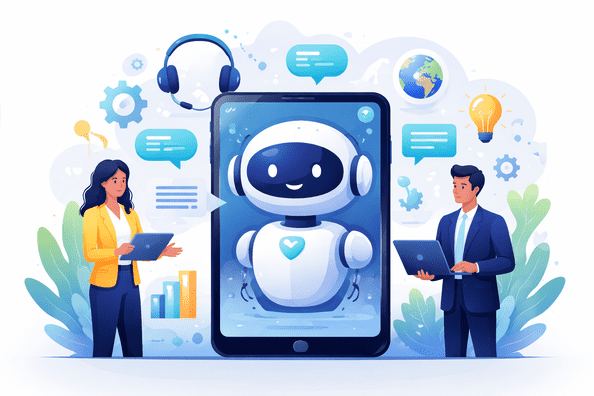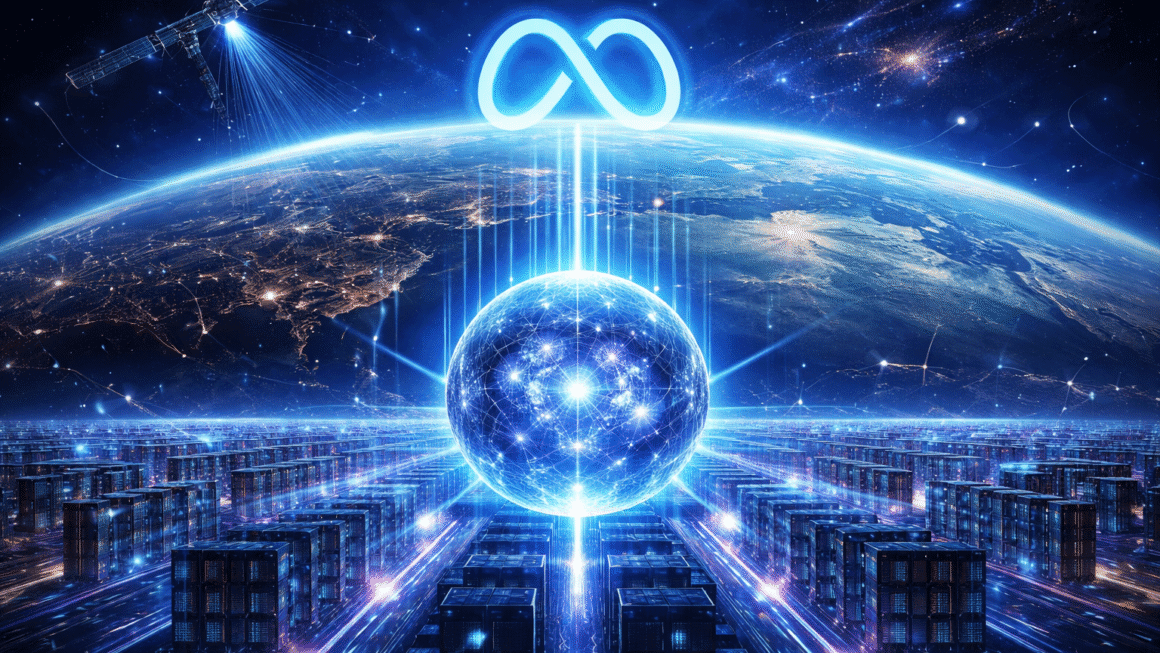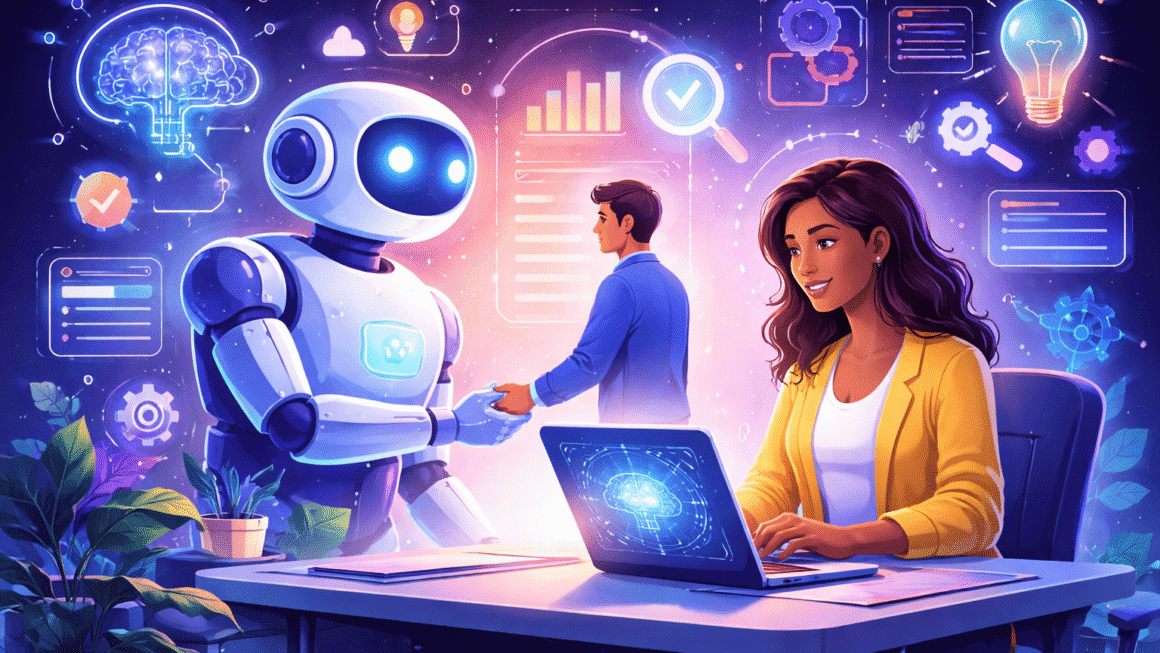The human resources landscape is undergoing a seismic shift, driven by the rapid integration of artificial intelligence (AI). The importance of AI in HR role cannot be overstated-it’s reshaping how organizations attract talent, manage workflows, and foster employee growth. From automating mundane tasks to predicting turnover risks, AI empowers HR teams to focus on strategic initiatives while delivering personalized experiences. With 72% of HR professionals now adopting AI tools, this technology has evolved from a novelty to a necessity. In this blog, we’ll explore how AI is revolutionizing HR, offering actionable insights for organizations aiming to stay ahead in 2025 and beyond.
Revolutionizing HR Efficiency Through AI Automation
AI’s ability to automate repetitive tasks is transforming HR operations. Traditional processes like payroll management, attendance tracking, and benefits administration often consume hours of manual work. AI-powered platforms such as BambooHR and Zenefits now handle these tasks with precision, reducing errors and freeing HR teams to focus on strategic goals. For instance, AI can automatically update employee records, generate compliance reports, and even answer routine queries through chatbots-cutting administrative workloads by up to 40%.
Beyond efficiency, AI enhances accuracy. Payroll discrepancies, a common pain point in HR, are minimized as machine learning algorithms cross-verify data across systems. This reduces compliance risks and ensures employees receive timely, error-free payments. Companies like Gusto leverage AI to automate tax filings and benefits enrollment, saving HR teams an average of 8 hours per week. By delegating routine tasks to AI, HR professionals can prioritize initiatives like diversity programs and leadership development, which directly impact organizational growth.
The Growing Importance of AI in HR Role for Strategic Decision-Making
The importance of AI in HR role extends beyond automation-it’s a catalyst for data-driven strategies. Advanced analytics tools process vast datasets to uncover trends in employee performance, engagement, and retention. For example, predictive AI models analyze historical turnover data to identify at-risk employees, enabling proactive interventions. Organizations using these tools report an 87% accuracy rate in predicting turnover, allowing them to implement retention strategies before talent walks out the door.
AI also aids in workforce planning. By analyzing skills gaps and market trends, platforms like Oracle HCM Cloud recommend targeted training programs and hiring needs. This proactive approach ensures companies remain agile in competitive markets. HR leaders at Mastercard credit AI with streamlining their global recruitment process, reducing time-to-hire by 30% while improving candidate quality. With AI, HR transitions from a reactive function to a strategic partner, driving long-term business success.
Streamlining Recruitment with AI-Driven Talent Acquisition
Recruitment is one of AI’s most impactful applications in HR. Traditional hiring processes, bogged down by manual resume screening and biased shortlisting, are being replaced by AI tools like HireVue and Eightfold.ai. These platforms analyze candidates’ skills, cultural fit, and potential using natural language processing (NLP) and predictive analytics. For instance, RingCentral saw a 40% increase in pipeline quality after adopting AI-driven recruitment tools, alongside a 22% rise in applications from underrepresented groups.
Traditional vs. AI-Driven Recruitment: A Comparison
| Metric | Traditional Recruitment | AI-Driven Recruitment |
| Time-to-Hire | 34 days | 21 days |
| Cost per Hire | $4,700 | $3,300 |
| Candidate Diversity | 28% | 45% |
| Retention Rate | 68% | 82% |
AI also mitigates unconscious bias by focusing on objective criteria like skills and experience. Tools like Pymetrics use neuroscience-based assessments to evaluate cognitive and emotional traits, ensuring fairer candidate evaluations. This shift not only improves diversity but also enhances the employer brand, attracting top talent in a competitive market.
Enhancing Employee Experience and Engagement
Employee engagement is no longer a buzzword-it’s a business imperative. AI tools like Culture Amp and Glint analyze feedback from surveys, emails, and collaboration platforms to gauge sentiment in real time. For example, TINYpulse uses AI to detect subtle shifts in morale, alerting HR teams to address issues like burnout or communication gaps before they escalate. Personalized onboarding powered by AI further boosts engagement; new hires at Straits Interactive receive tailored training modules based on their learning pace and preferences, resulting in a 50% faster ramp-up time.
- 65% of employees feel more engaged when AI tools are used in HR processes.
- Personalized learning paths powered by AI increase skill retention by 40%.
By delivering hyper-personalized experiences, AI fosters a culture of continuous growth. Platforms like Peakon recommend mentorship opportunities and career development plans based on individual performance data, ensuring employees feel valued and supported.
Mitigating Bias and Promoting Diversity in Hiring
While AI can unintentionally perpetuate biases, responsible implementation ensures it becomes a force for equity. Tools like SeekOut and Textio help draft inclusive job descriptions and source diverse candidates by analyzing language patterns and demographic data. For instance, Textio reduced gender-biased language in job postings by 70% at a leading tech firm, resulting in a 15% increase in female applicants.
To address algorithmic bias, companies are adopting transparent AI models. Straits Interactive conducts regular audits of its recruitment algorithms, ensuring they prioritize skills over demographics. Training AI on diverse datasets and involving ethicists in tool development further reduces risks. As a result, 57% of HR professionals believe AI decreases racial bias in hiring-a 6% increase from 2024.
Real-World Success Stories: AI in Action
Case Study 1: Mastercard’s Talent Transformation
Mastercard partnered with Phenom to overhaul its global recruitment. AI streamlined interview scheduling, reduced time-to-hire by 30%, and centralized career sites across 25 countries. The platform’s talent analytics also identified high-potential internal candidates for promotions, boosting internal mobility by 20%.
Case Study 2: T-Mobile’s Retention Revolution
Facing high turnover in customer service roles, T-Mobile deployed AI to analyze exit interviews and performance data. The insights revealed a need for flexible scheduling and mental health support. After implementing AI-recommended changes, attrition dropped by 18% within six months.
Future Trends: AI’s Expanding Role in HR
By 2026, AI’s role in HR will deepen across three areas:
- Hyper-Personalization: AI will curate individualized career paths, learning modules, and wellness plans based on real-time data.
- Predictive Workforce Analytics: Tools will forecast industry trends, enabling proactive reskilling and succession planning.
- Ethical AI Governance: Regulations will mandate transparency in AI decision-making, requiring audits and stakeholder involvement.
Organizations lagging in AI adoption risk losing top talent to competitors offering smarter, employee-centric experiences. As Dr. Lindsey Zuloaga notes, “AI isn’t replacing HR-it’s empowering teams to make humane, data-backed decisions”.
Overcoming Challenges and Implementing Best Practices
Challenges:
- Data Privacy Concerns: 47% of employees worry about AI mishandling personal data.
- Resistance to Change: 32% of HR teams struggle with adopting new technologies.
Best Practices:
- Start Small: Pilot AI tools in low-risk areas like resume screening before expanding.
- Prioritize Transparency: Clearly communicate how AI is used in hiring and promotions.
- Audit Regularly: Assess algorithms for bias and accuracy quarterly.
- Upskill Teams: Train HR staff to interpret AI insights and maintain a human touch.
Conclusion
The importance of AI in HR role is undeniable in today’s fast-evolving workplace. By automating routine tasks, enabling data-driven decisions, and enhancing employee experiences, AI is transforming HR from an administrative function into a strategic powerhouse. It helps organizations recruit smarter, engage employees more deeply, and build diverse, inclusive workforces. While challenges like data privacy and bias remain, thoughtful implementation and ongoing oversight ensure AI serves as a trusted partner rather than a replacement for human judgment.
As we move forward, embracing AI in HR is no longer optional but essential for companies aiming to attract top talent, retain high performers, and adapt to the dynamic demands of the modern workforce. By leveraging AI thoughtfully, HR professionals can unlock new levels of efficiency, fairness, and personalization-ultimately fostering workplaces where both people and businesses thrive.
In essence, AI is not just a tool for HR; it’s a catalyst for a more intelligent, empathetic, and future-ready human resources function.



